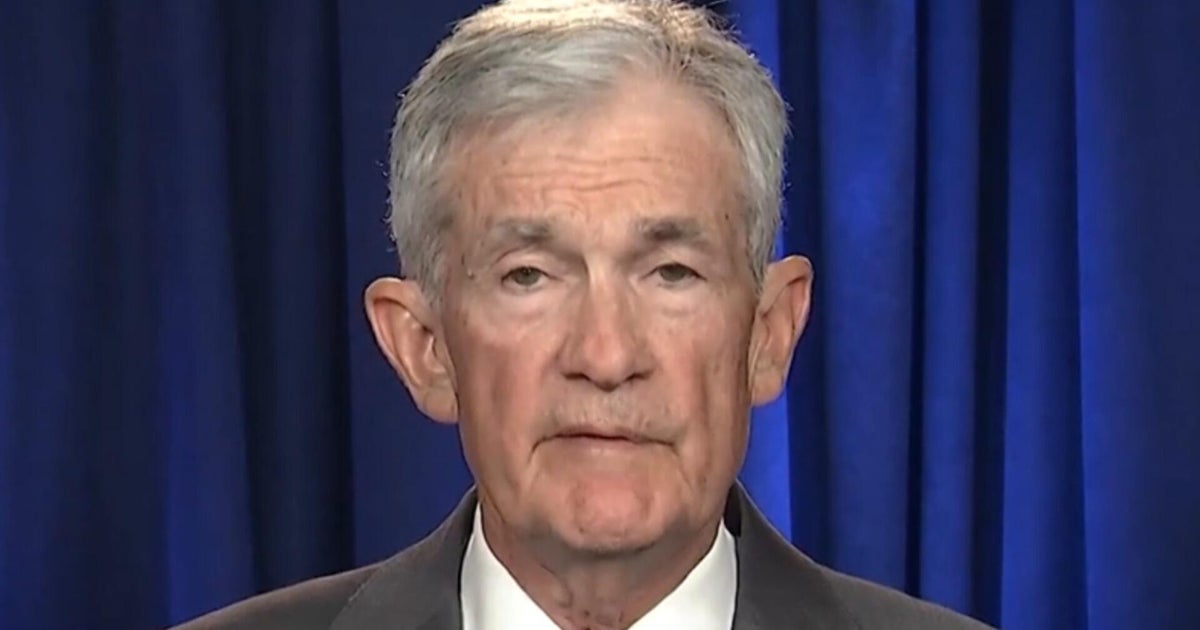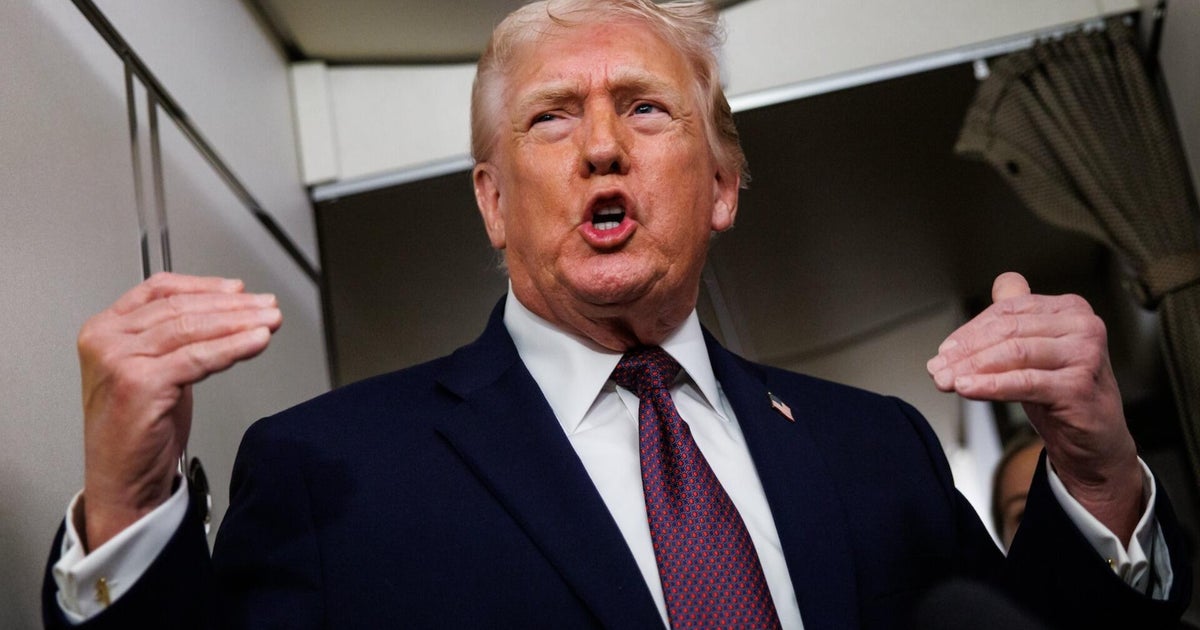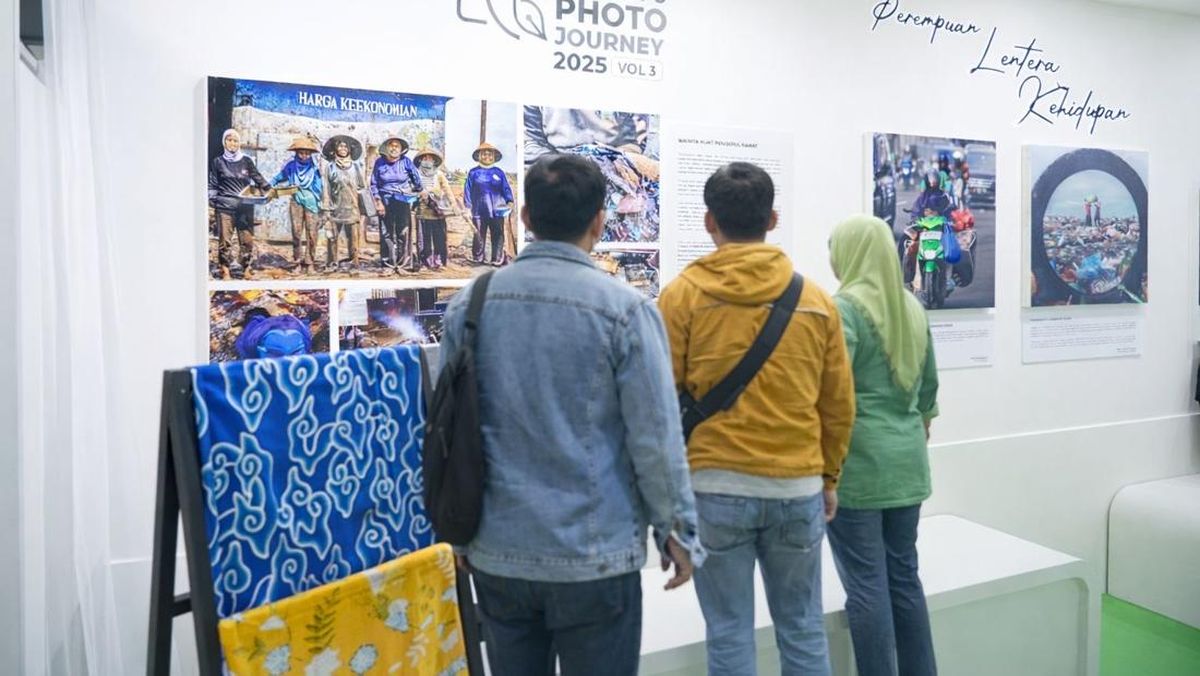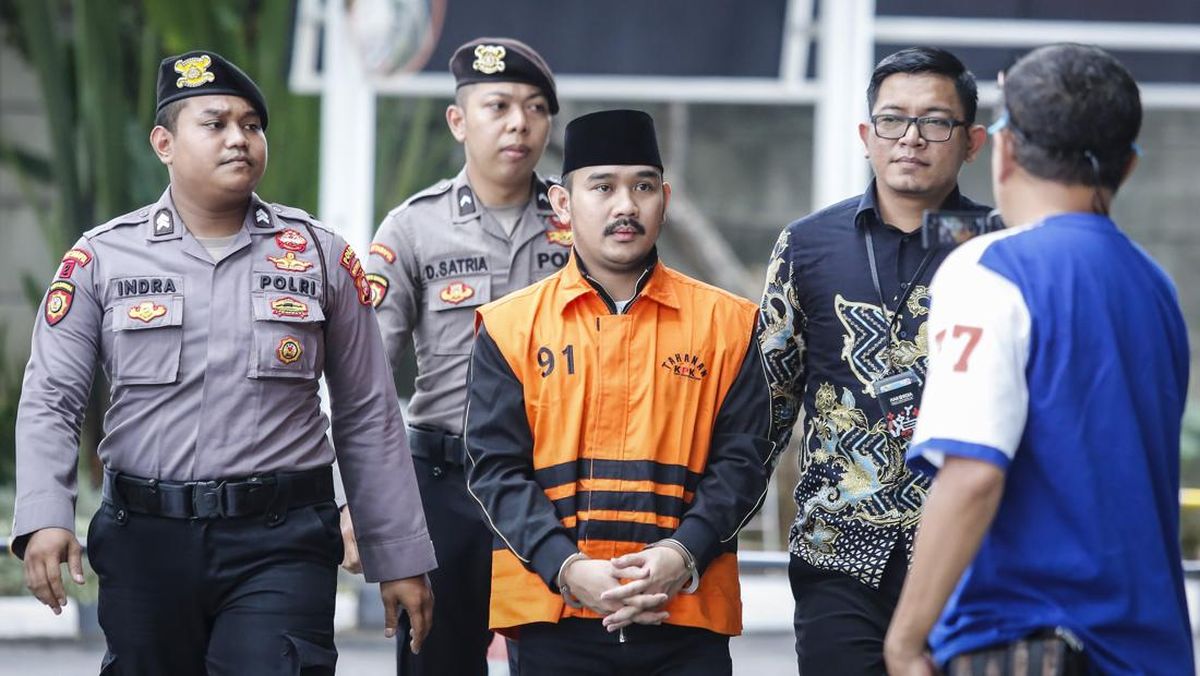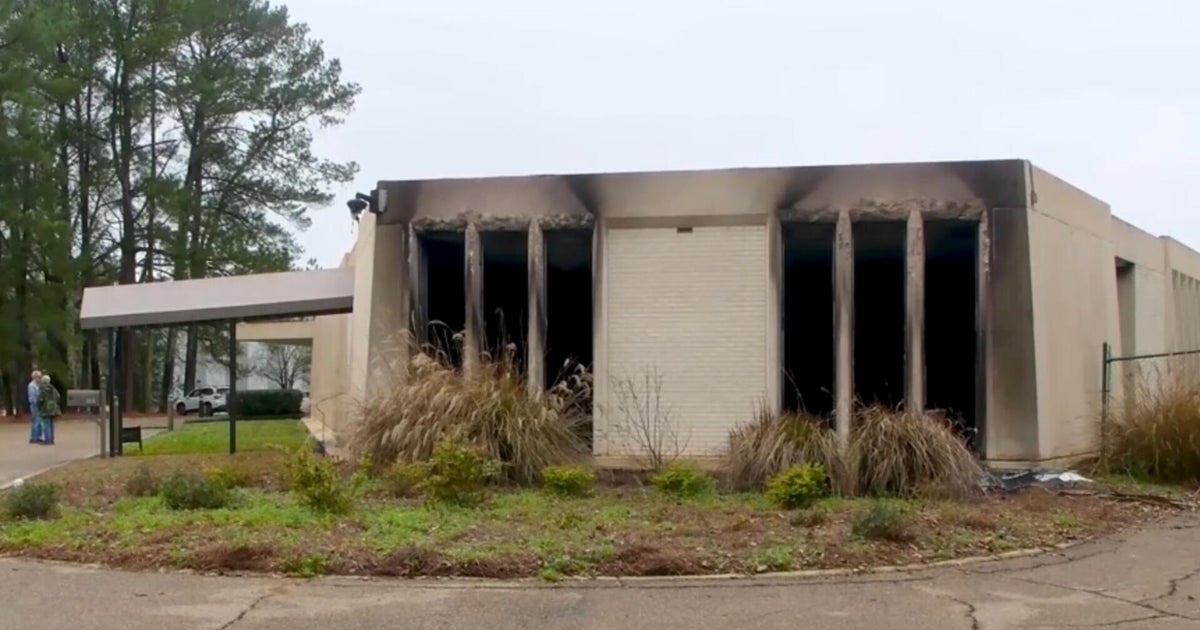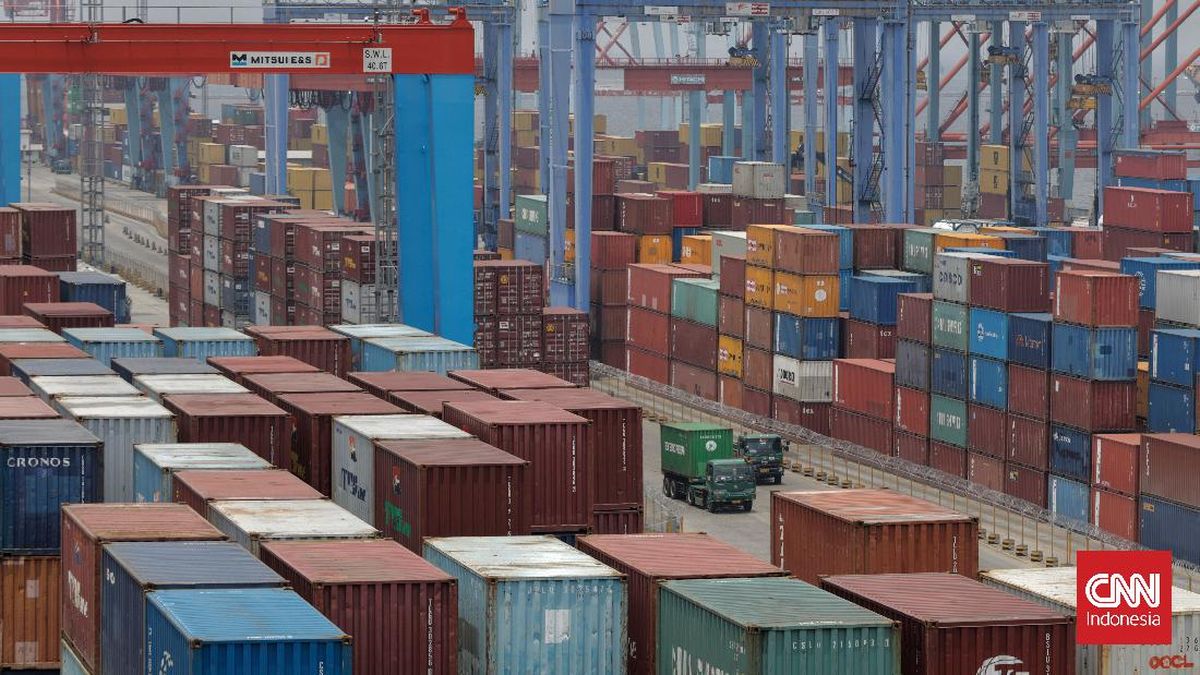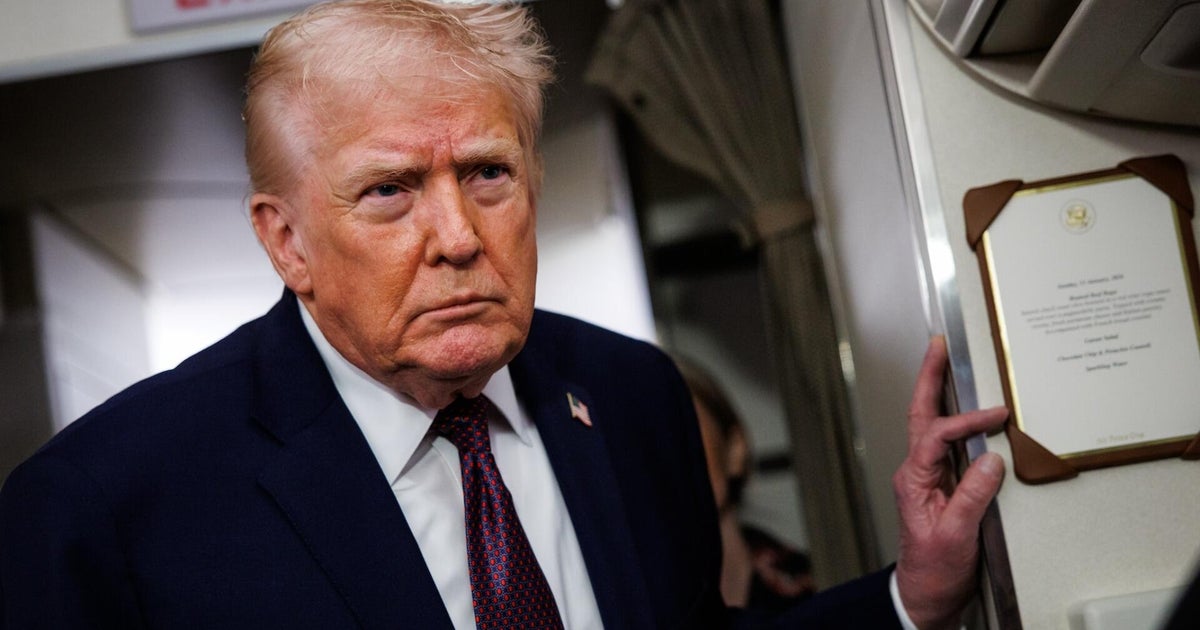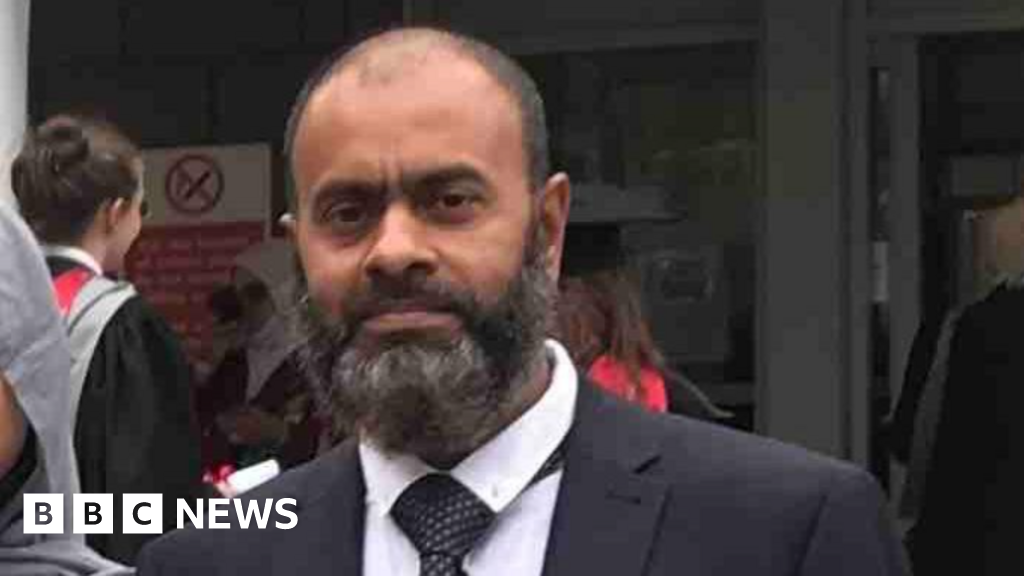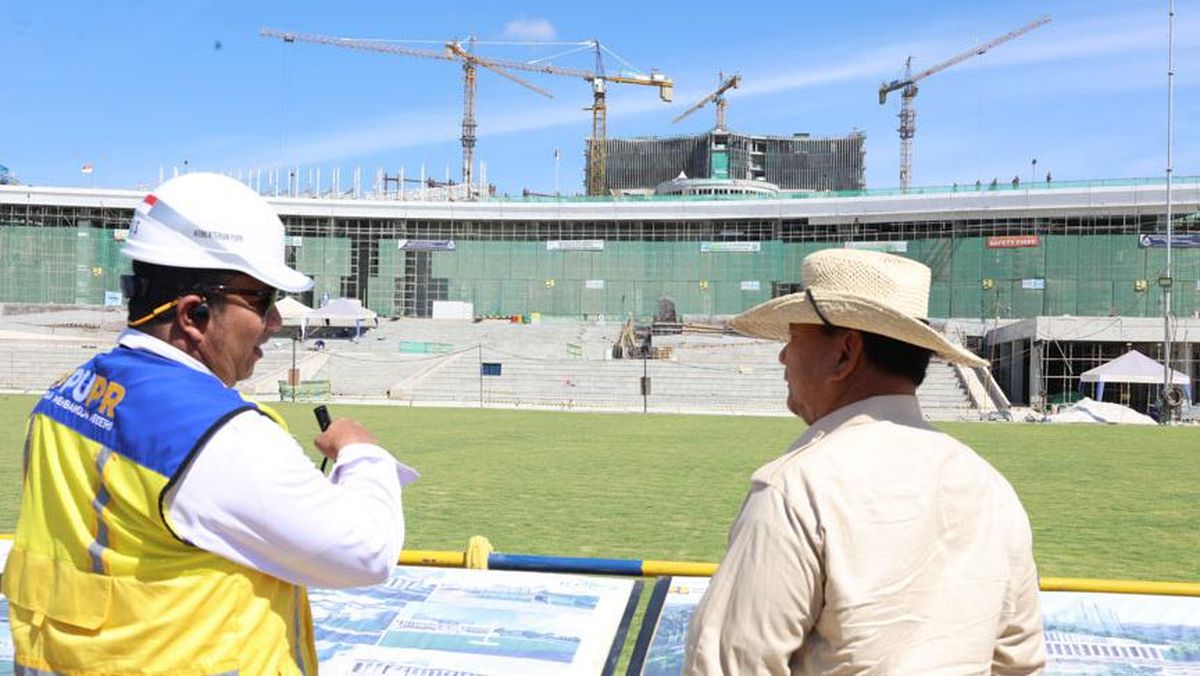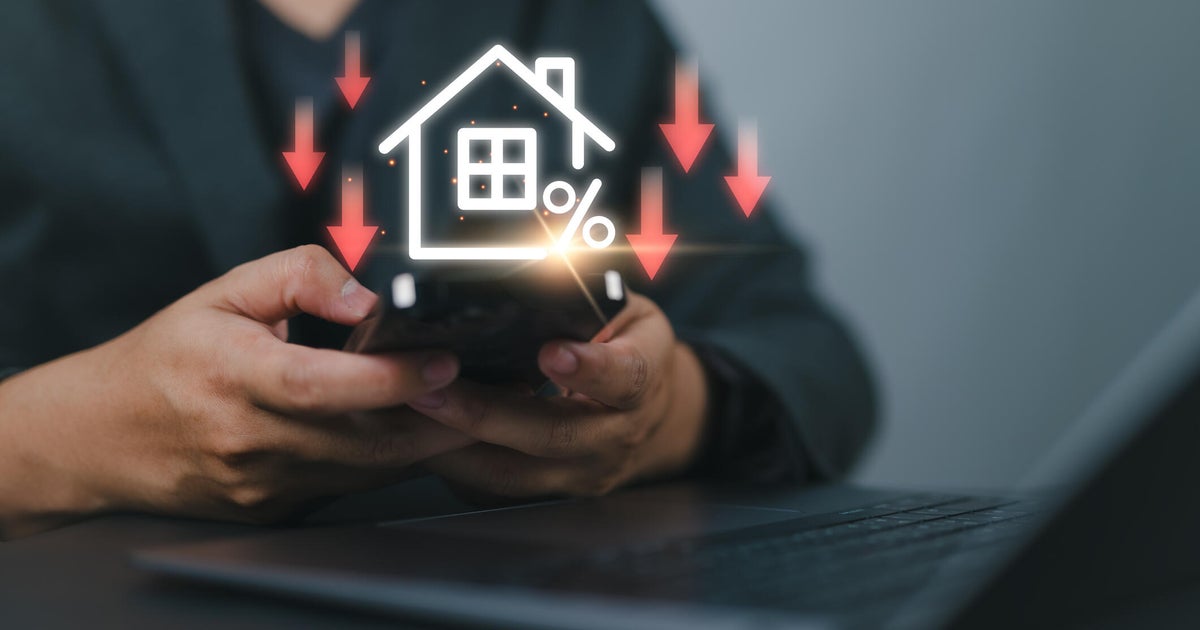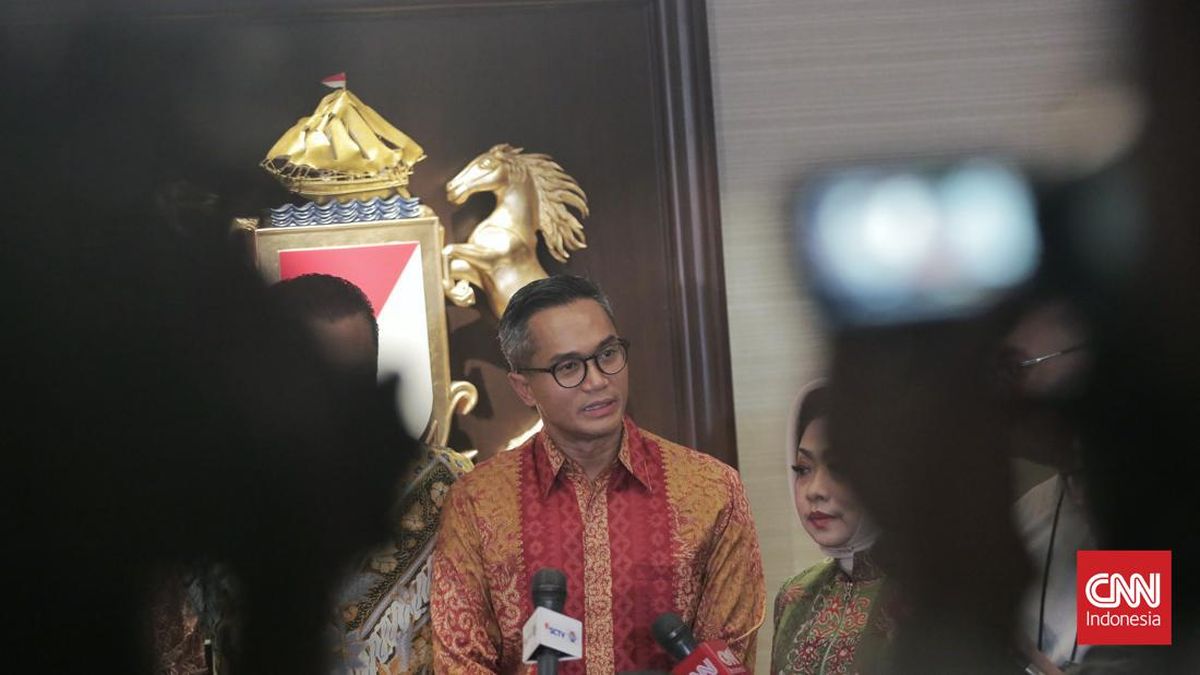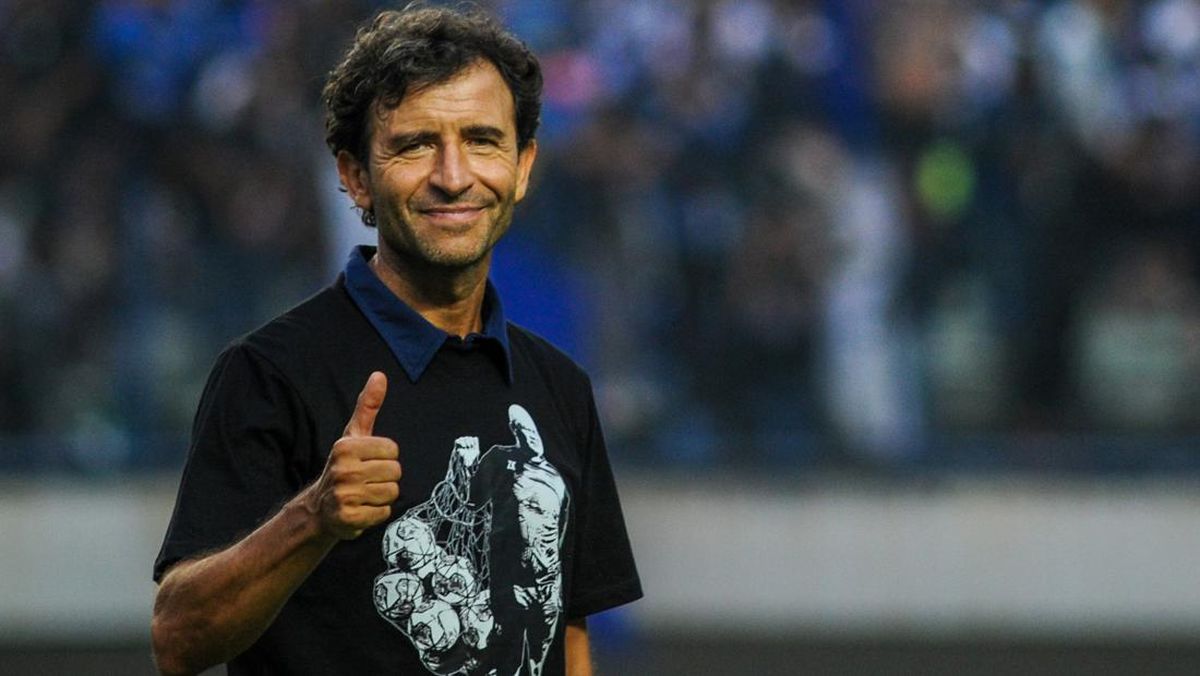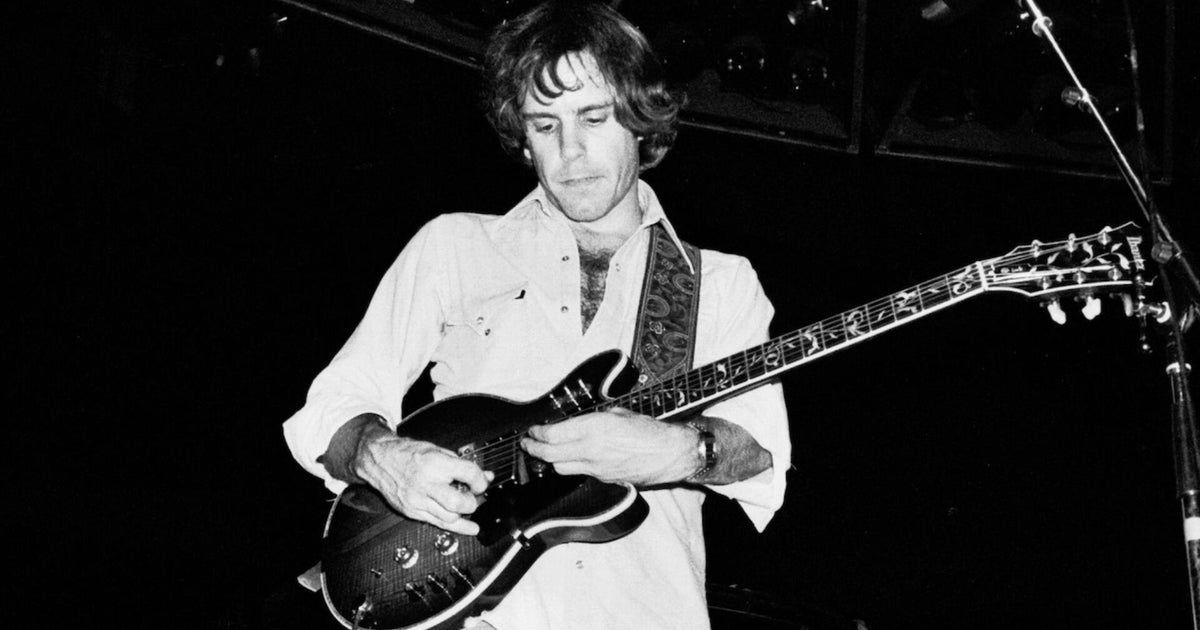Opinion
September 25, 2025 — 5.30am
September 25, 2025 — 5.30am
Until a couple of weeks ago, I’d never heard of Charlie Kirk. I can’t say I’m particularly interested in hearing about him now either, even though he’s been the top news story in Australia for a fortnight. The ramifications of Kirk’s assassination, and the broader trends they point to, are far more concerning to me than whatever he did or said during his short life.
I’m not someone who is chronically online. At least, I try not to be. It’s a constant struggle, of course. Like everyone, I feel the pull to compulsively check this app or that, and I can still be sucked into a mindless doomscroll. But long ago, I made the decision, consciously and deliberately, to live as much of my life offline as possible. That the internet should enhance my existence here in the real world, not the other way around.

Illustration by Dionne Gain
In Waleed Aly’s column last week, he argued that “the left and the right have become one”, and that because each is increasingly intolerant of the viewpoints of the other, both are becoming more prone to political violence. The truth of this is now apparent even to those of us who have succeeded in dodging much of the partisan teeth-gnashing and hand-wringing over Kirk’s murder proliferating on Instagram, X, TikTok or your poison of choice.
I would argue, however, that the continuing left-right divide and the horseshoe theory that Aly alluded to – that the extreme left and extreme right eventually meet in the same place – has lost much of its salience in our current political landscape. Left-right, Democrat-Republican, Labor-Liberal – none of these traditional ideological groupings can explain the surge of radicalism and political violence coming out of the US and which is threatening to infect our own politics, and that of most of the world’s liberal democracies.
It’s no longer about left and right, it’s about online and offline. The greatest division is now between those of us who have become radicalised online – wherever we might fall on the old political spectrum – and those of us who continue to cling to the old ways of doing politics, which still prize moderation, compromise and consensus-building.
Loading
It is between those of us who understand what “up arrow, right arrow and three down symbols” means (one of the messages engraved onto the bullet casings by Kirk’s chronically online alleged killer). Or those of us who understood Senator Fatima Payman’s “brainrot” speech to parliament. Or who know what a Labubu is.
For a growing cohort of people, including Kirk’s alleged killer and other perpetrators of political violence, existence online seemingly takes precedence over offline relationships, spaces, values systems and even economic systems.
Such people are increasingly understanding and interpreting the offline world through an online lens. At a time when the online world is transforming into a vile cesspit of the most extreme viewpoints possible, promoting everything from torture pornography to incel culture, anti-vax conspiracies and neo-Nazi or Islamist terrorism, it becomes a problem for everyone’s offline politics.
These are Americans and yes, Australians too, whose experience of politics is increasingly shaped via endless doomscrolling on TikTok, and who find they can no longer concentrate on mundane offline tasks such as driving, laundry or doing the dishes if not narrated by a three-hour podcast. Theirs is an information environment in which engagement, and therefore, profit, is generated by ever-burgeoning extremism fostered by algorithms purpose-built to keep us in siloed echo chambers reinforcing our worst political instincts.
Loading
While much of this burgeoning divide can be mapped out onto the generations, it’s also incorrect to assume that all young people are online all the time while oldies continue to prop up the ABC and print newspapers. As anyone with a Boomer parent who compulsively forwards vaccine conspiracies or YouTube clips about the evils of mass migration will tell you, it’s not only the youth being radicalised.
Indeed, the resurgence of board games, landline phones, Walkmans and offline dating events among Gen Z point to the fact that not all young people are comfortable mediating their lives via online spaces. Surveys have consistently shown that many teens support the concept of a “digital curfew” or a social media ban, and one recent UK study found “almost half of young people would rather live in a world where the internet does not exist”.
There is still a sizeable constituency in all Western democracies who are not chronically online and who are resisting political extremism and algorithmic radicalisation. Thanks to Australia’s system of compulsory voting, these offline normies arguably secured Labor’s recent electoral landslide, in an assertion of sensible, moderate politics that delivered a rebuke to parties of both extreme left and right.
America’s current epidemic of radicalisation and political violence should be a wake-up call for Australia to address the disastrous impact of the growing online-offline divide. We are already leading the world with the under-16s social media ban. There’s no reason why we can’t go further and regulate not just age verification, but how social media companies operate altogether. Force them to crack open their algorithms. Classify them as publishers and make them responsible for content posted on their platforms. This should be the price of operating in, and making huge profits from, the Australian market.
Reining in big tech won’t be easy, but it’s a small price to pay for protecting our moderate political discourse, and with it, securing the future of Australian democracy.
Kylie Moore-Gilbert is an academic in Middle Eastern political science at Macquarie University and the author of memoir The Uncaged Sky: My 804 Days in an Iranian Prison.
The Opinion newsletter is a weekly wrap of views that will challenge, champion and inform your own. Sign up here.
Most Viewed in World
Loading

